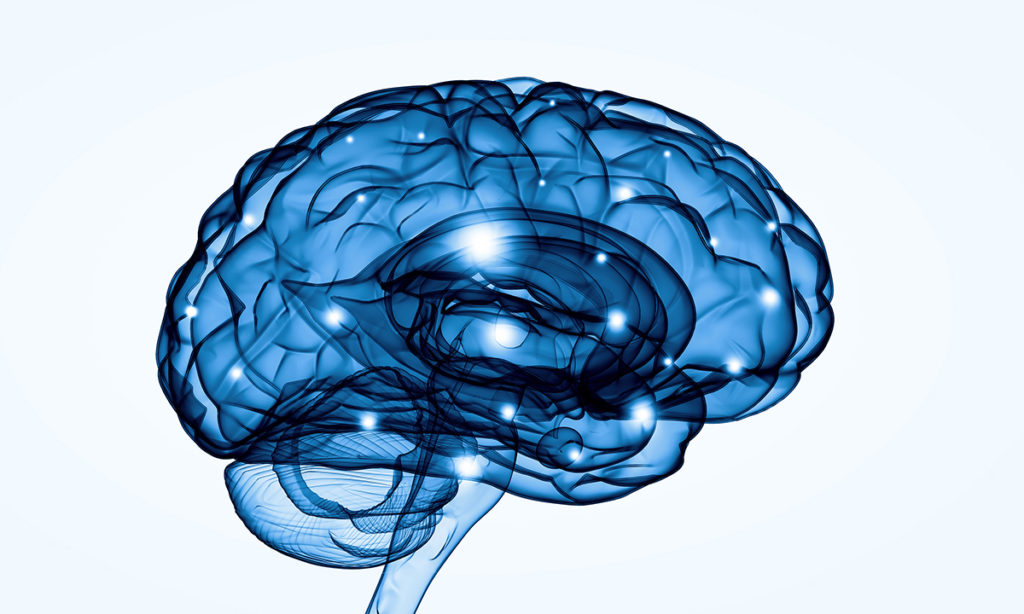Read the latest and greatest from our team
of incredible specialists.

Beach House Recovery Center » Blog » Dopamine and Addiction
Among the many marvels of the human brain is its built-in pleasure and reward system. When you do something enjoyable, such as eating your favorite food, listening to music or playing with your pet, your brain releases a feel-good chemical called dopamine. The rush of happiness you feel creates a self-sustaining cycle as you associate those activities with gratification and strive to experience them again and again.
While it isn’t the sole contributing factor in addiction, dopamine also plays a role in substance abuse. Dopamine helps reinforce enjoyable sensations and behaviors by linking activities that make you feel good with a desire to repeat them. This association can be a linchpin in the development of addiction due to changes that occur in your brain’s reward pathways. Let’s examine more about the connection between dopamine and addiction.

When you first use an addictive substance such as alcohol or opioids, you’ll generally notice you feel more relaxed and carefree. For most people, these pleasurable feelings are the earliest appeal of drinking or drug use. Through consistent drug and alcohol use, your tolerance will build, requiring you to drink more or take higher doses to achieve the same effects. Dopamine is involved in this process.
Over time, drug misuse overwhelms your brain’s reward circuits, making it more challenging to handle the rush of dopamine flooding them. The brain tries two different approaches to solving this problem: decreasing natural dopamine production, and reducing active dopamine receptors. Due to these changes, your substance of use will gradually have less of an effect, requiring more of the drug to satisfy your cravings.
Once addiction takes hold of your brain and alters how you perceive pleasure, you might have trouble deriving enjoyment from previously satisfying activities and favorite hobbies – a state known as anhedonia. You may also realize you don’t feel quite like yourself when you’re sober, and that running out of drugs or alcohol makes you feel anxious or on edge. At this point, you are dependent on your substance of use.
It’s no coincidence that the drugs with the highest potential for abuse – including alcohol, cocaine, opioids and amphetamines – all create a neurochemical reaction that dramatically increases the amount of dopamine released by neurons in the brain’s reward center. Additionally, in contrast with other rewarding behaviors such as eating, the enhanced dopamine response created by mood-altering drugs does not naturally stop once you start or finish using them.
Addiction is a complex disease involving multiple genetic and environmental components. Now that you know more about dopamine’s contribution to substance use disorders, you can appreciate what makes it so challenging for people to quit drinking or misusing drugs, despite the multiple negative repercussions on their health and well-being.
Often, substance abuse develops alongside mental health disorders such as depression, which may also result from a lack of dopamine. When people struggle with substance misuse and mental health conditions simultaneously, health care professionals call it a dual diagnosis.
Fortunately, a multifaceted treatment program, such as the one we offer at Beach House, can get your life back on the right track. With a combination of evidence-based therapies, medical monitoring and medication-assisted treatment as necessary, your customized recovery plan will teach you new, healthy coping strategies for managing both parts of your dual diagnosis.
At Beach House, we believe love and compassion are the answer to the loneliness and isolation that often accompany co-occurring disorders. Since 2016, we’ve helped people find lifelong freedom from substance abuse by providing high-quality care with our state-of-the-art Florida rehab program. To learn more about what makes us one of the nation’s leading addiction treatment facilities, please contact our admissions counselors today.
Whether you’re researching for yourself or a loved one, Beach House can help. We understand that this is a serious time in your life and that the treatment center you choose matters. We want you to feel comfortable and empowered to make the right decision for yourself, a friend, or a family member. This is why a counselor is waiting and available to answer your questions and help put your mind at ease regarding the next steps. Many of the staff at Beach House have walked in your shoes. If you feel you’re ready or want more information about how to help a loved one, we can help today. You can also learn why we are voted the #1 rehab for addiction treatment in Florida.
We accept most major insurance plans and can verify your benefits quickly and confidentially.
We’re committed to helping you access the care you need, our admissions counselors can guide you through your coverage options and available resources.





"*" indicates required fields